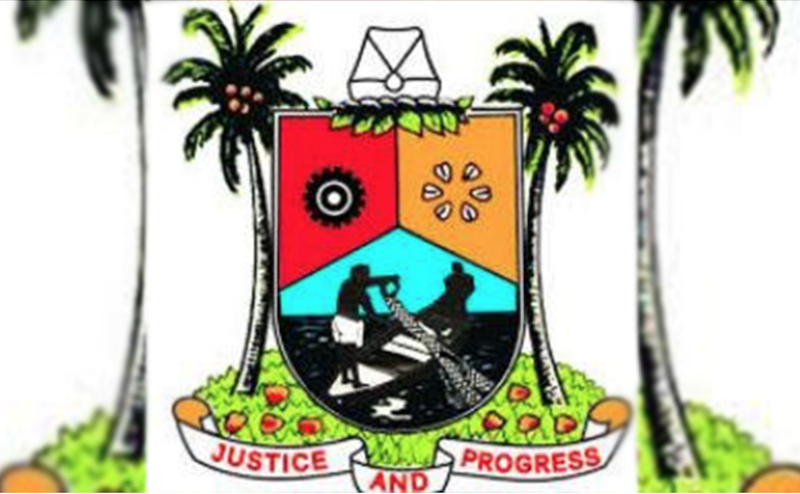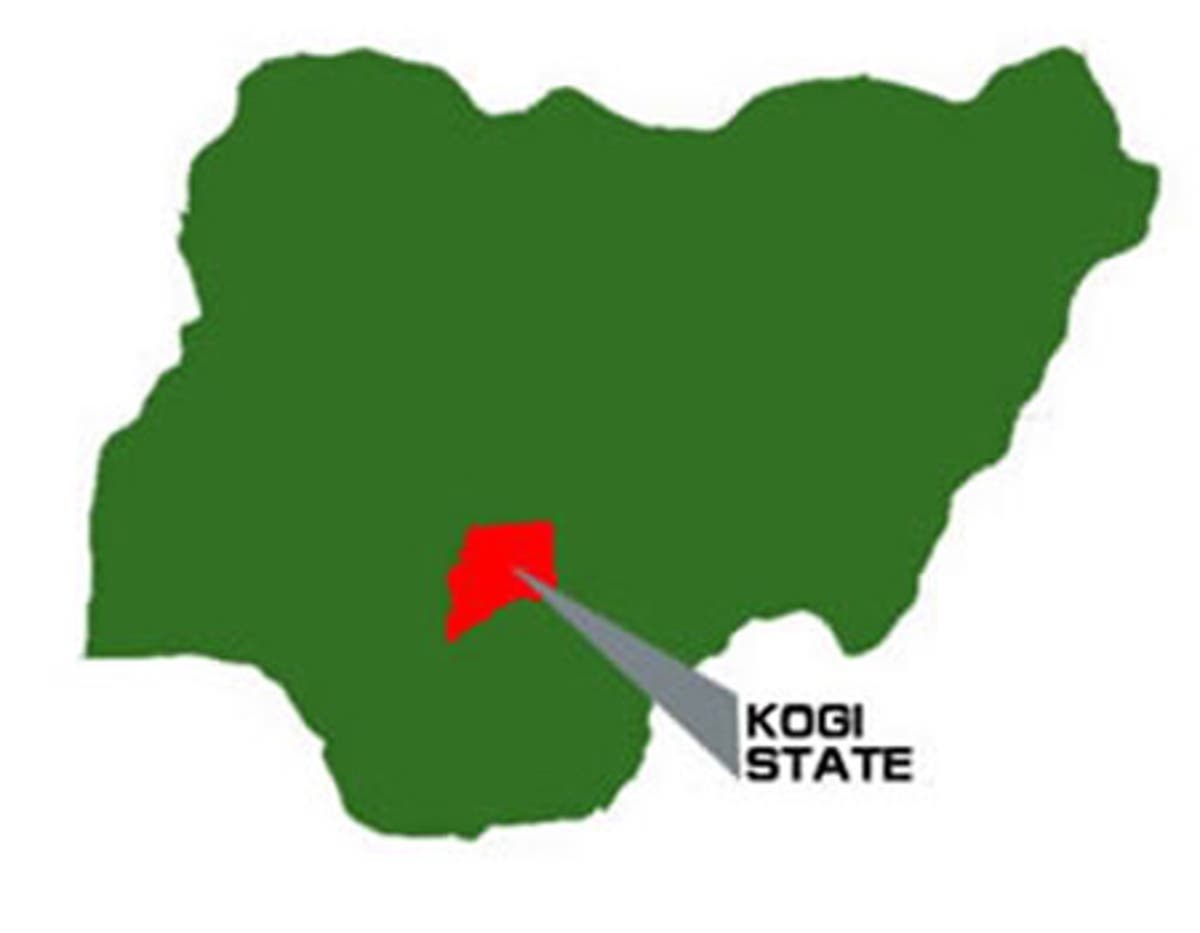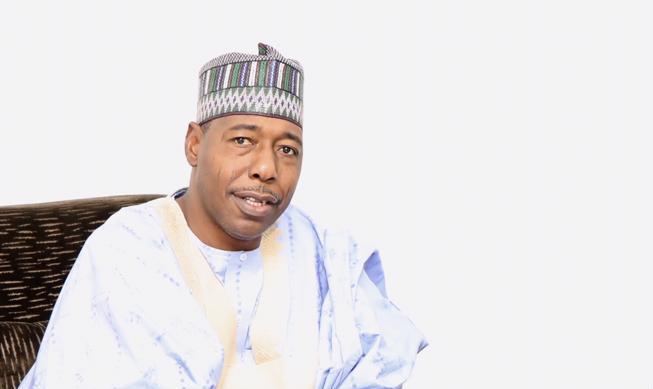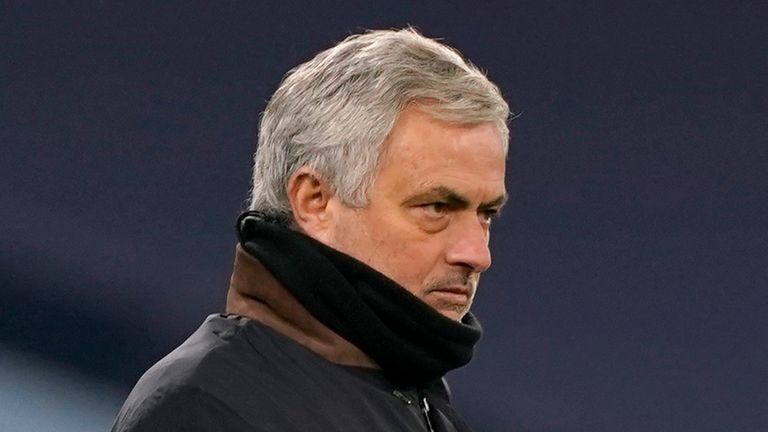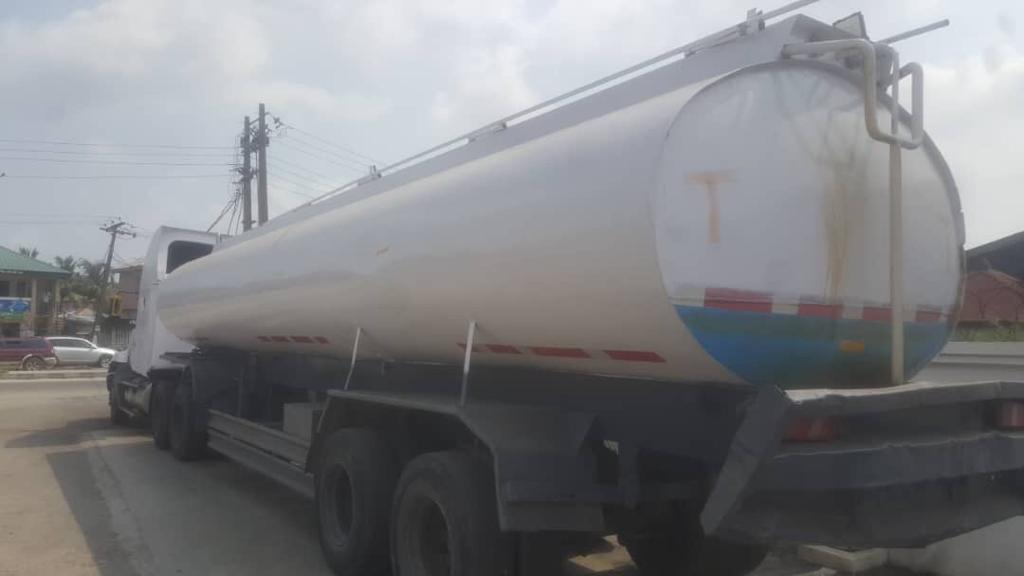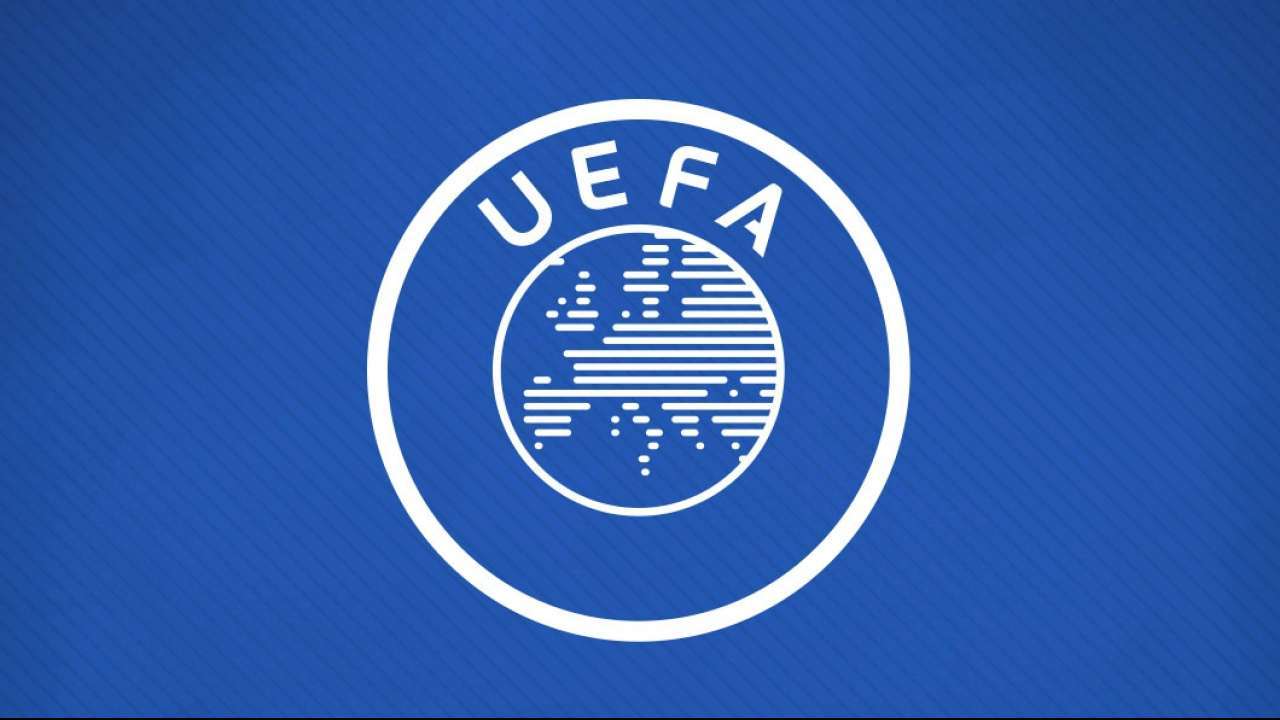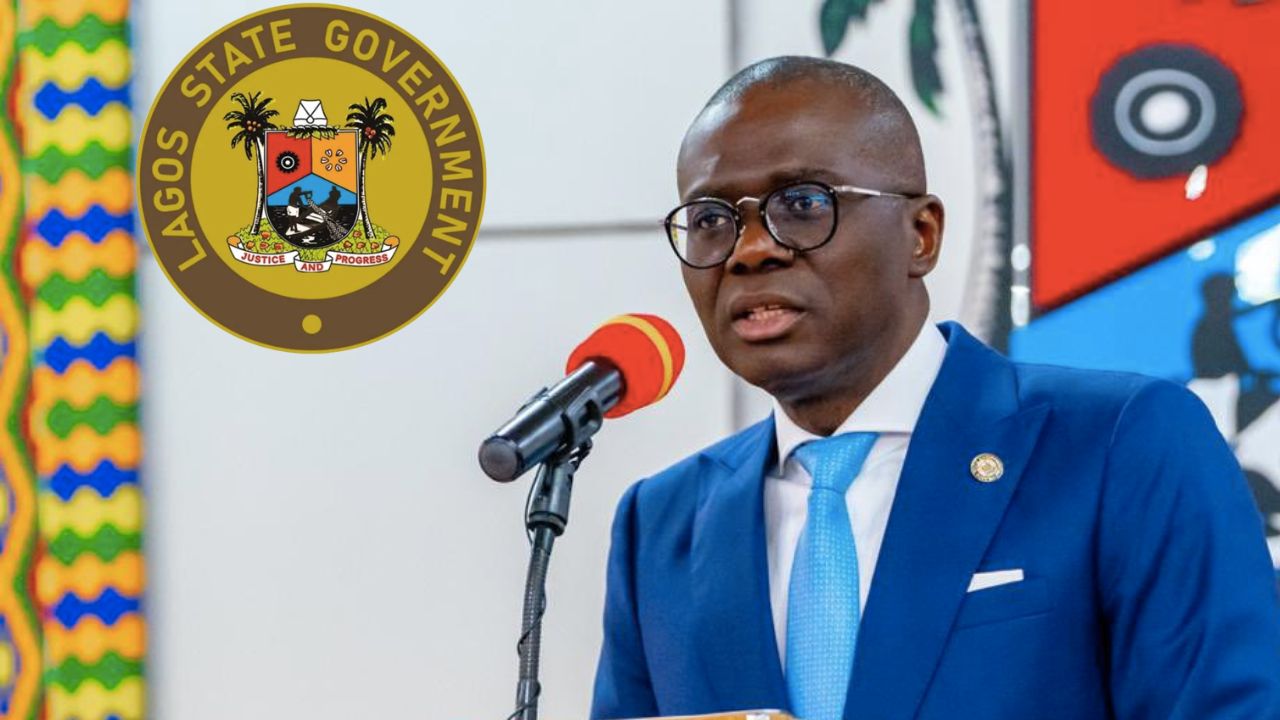The Nigerian Midstream and Downstream Petroleum Regulatory Authority (NMDPRA) has banned 60,000 litres petroleum tankers from operating on Nigerian roads, effective March 1, to mitigate truck-in-transit incidents.
Mr Ahmed Farouk, Authority Chief Executive, NMDPRA, announced the ban on Wednesday in Abuja, while briefing newsmen shortly after its Stakeholders Technical Committee Meeting.
He added by fourth quarter of 2025, no truck with 45,000 litres capacity would be allowed to load petroleum products.
The meeting had in attendance the officials of the Department of State Services (DSS), Federal Fire Service, Federal Road Safety Corps (FRSC) and National Association of Road Transport Owners (NARTO).
Others are: the National Union of Petroleum and Natural Gas Workers (NUPENG), Standards Organisation of Nigeria (SON), the Depot and Petroleum Products Marketers Association of Nigeria (DAPPMAN) and NMDPRA.
Speaking to the newsmen, Farouk, represented by, Mr Ogbugo Ukoha, NMDPRA Executive Director, Distribution Systems, Storage, and Retailing Infrastructure, said the decision was made in response to the incessant road accidents involving heavy-duty petroleum tankers.
“The first stakeholder’s technical committee met today to drill down and put timelines for about 10 resolutions that had been taken on how to drive down the significant increase that had been observed in relation to tankers incidents and fatalities,” he said.
Farouk said the meeting which involved stakeholders and key agencies agreed that from March 1, any truck with an axle load of more than 60,000 litres of hydrocarbon would not be allowed to load at any depot.
“The important thing about this is that, for the first time, consensus was built amongst all stakeholders, and we will work together to deliver a safe transportation of petroleum products across the country,” he said.
The Authority’s Chief Executive dismissed recent claims questioning the quality of fuel in circulation across the country, describing them as bogus, misleading and unscientific.
He assured Nigerians that all imported and locally refined petroleum products met strict regulatory standards before being released into the market.
The regulator vowed to ensure compliance with petroleum industry standards and specifications, stressing that recent social media claims about the quality of fuel products in circulation were baseless and should be disregarded.
He said it would usually be more circumspect and not respond to every comment that was being made in the public.
“But it’s important that people who dabble into the social media space are reminded that it is actually disrespectful, if you imagine that Nigerians are gullible.
“Nigerians are discerning enough to know that energies need to be directed positively. People who make unscientific claims, bogus data expertise are really not helping the situation.
“We’re working very hard in compliance with the presidential mandates to support the local refineries, to build capacity for sufficiency; and not just quality, but pricing is also done in a transparent, competitive and fair way,” he said.
He assured Nigerians that NMDPRA would continue to comply with the Petroleum Industry Act (PIA), 2021 as well as the specifications set by SON.
He said SON’s specification included parameters such as research obtain number, sulphur content, density, colour, oxygenate level, and many others.
“Before any product is distributed, the regulator ensures that from the load port of the product, whether from a domestic refinery or imported, and as well as at the discharge port, accredited laboratories must test every product.
“The accredited laboratories must duly issue certificates of quality to say that the product that is in the vessel meets those specifications.
“It’s only on that basis that products are then discharged and distributed across the country,” he said.
He further explained that that hydrocarbons were not pure compounds by nature, and as such, the authority regularly specifies a range of acceptable values; and tests results must fall within specified limits to be deemed complaint.
He said the sulphur content must be moderated in products, as higher levels could have corrosive effects and contribute to environmental pollution.
Farouk also said daily Premium Motor Spirit (PMS) supply, which averaged 66 million litres before subsidy withdrawal, now hovered around 50 million litres, with local refineries contributing less than 50 per cent of total supply.
“All of us have experienced a yuletide free from any scarcity. Let me reconfirm that from year to year, we saw an increase in the demand of PMS by 2021, 2022 up to 2023.
“And just before the current administration came in, the daily PMS supply sufficiency was always in excess of 60 million, averaging about 66 million a day for PMS.
“Following the withdrawal of subsidy, we immediately saw a steep decline on consumption and between then and as we speak, we’ve continued to do plus or minus 50 million that’s considerable reduction in volumes,” he said.
He added that of the 50 million litres average for each day, less than 50 per cent was contributed by domestic refineries, and so the shortfall, in accordance with the PIA, is sourced by way of imports.
He further said none of the Oil Marketing Companies (OMCs), that owned refineries in country, had imported any PMS this year.
“The other OMCs are the ones that are importing the shortfall, and if we did nothing to bridge that shortfall, we will have scarcity on our hands.
“And that’s something that the regulator is mindful to do, ensuring that there is sufficient supply of petroleum products across the country,” he said.
